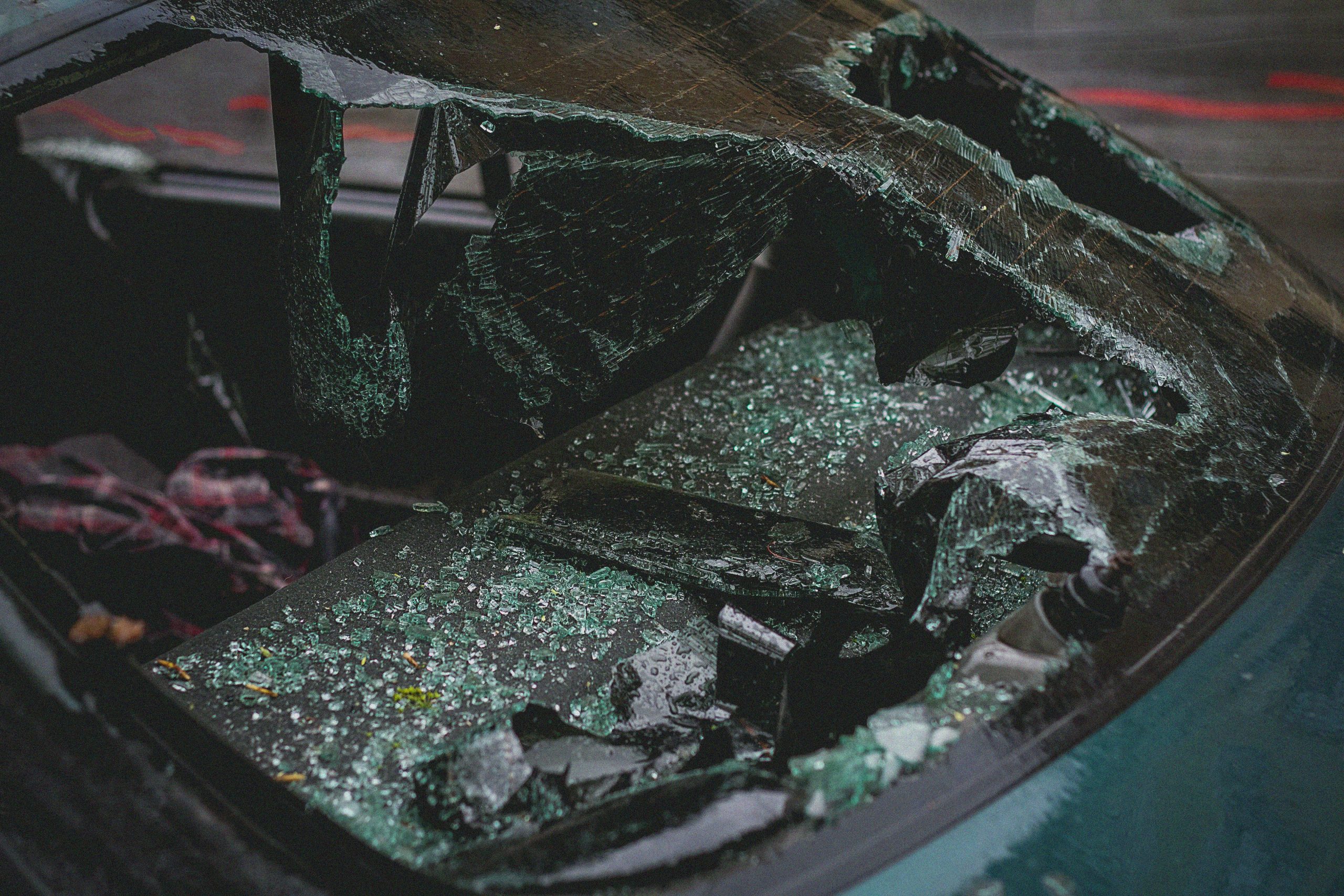Did My In-Network Collision Center Change My Repair Plan Without Notifying Me? Is This Legal?
Hello, everyone!
In January, I was involved in a collision where the other party was at fault, and I took my new car to an in-network collision center for repairs.
Initially, they provided an estimate that detailed the replacement of all parts with OEM components, and I was satisfied with this plan, so I signed it and left.
A month later, I received a call that my car was ready for pickup. However, upon reviewing the bill at home, I discovered that the promised OEM parts had been replaced with aftermarket, similar quality, or used parts without my knowledge.
When I contacted the collision center to ask why I wasn’t informed of these changes, they explained that the insurance company rejected the original estimate. Consequently, they altered the repair plan. They claimed, “Even though the paperwork lists A/M parts, we still ordered OEM parts for your vehicle,” and promised to provide me with invoices from the dealership.
Should I be grateful for this?
I understand the use of aftermarket parts can be standard practice, but was it appropriate for them to not inform me before making these changes?
Additionally, I noticed that my right front fender was replaced with an aftermarket part, and my front door was repaired even though my car was only damaged at the front bumper. The collision was minor, affecting only the front bumper, and while the headlamp was misaligned, it was not damaged.
Here’s a list of the parts that were replaced:
1. Front bumper
2. Lower grille
3. Right headlamp
4. Right fender
5. Washer reservoir
6. Right belt molding (chrome) of front door
7. Impact bar
8. Upper and lower absorber
9. Outer molding
On top of all this, several mistakes occurred after I picked up my car: they forgot to add fluids (which they charged for), left an unpolished area on the bumper, a molding belt has come loose, I hear a noise when driving over 40 mph, and I even found a small scratch after the third remedy.
After this experience, I began to review everything more closely and confirmed that they used aftermarket parts, contrary to what I was originally told.
Here are my questions:
- Were they justified in replacing my car parts unnecessarily, given the extent of the actual damage?
- Should I go to a dealership for an inspection to verify if OEM parts were used?
- How can I protect my rights in this situation? Is it legal for them to change the plan without notifying me? I researched and found that customers should be informed before repairs are made.
- I would prefer to have an inspection first. If the parts are OEM, I’ll thank them and pay the inspection fee. If not, I plan to address their failure to inform me and the potential unnecessary replacements. Any advice on this?
Thank you for your insight!




It sounds like you’re going through a frustrating situation, and it’s understandable to have concerns about the repair process and the parts used on your vehicle. Here are some thoughts on your questions:
Unnecessary Replacement of Parts: If your car was only damaged at the front bumper and the other parts weren’t impacted in the collision, then it’s reasonable to question whether those additional replacements were truly necessary. The body shop should ideally only replace parts that are damaged or compromised in the accident.
Dealership Inspection: Yes, taking your car to a dealership for an inspection is a good idea to verify whether OEM parts were used. They can provide a knowledgeable assessment of the repairs and identify any potential issues.
Legal Rights and Notification: Generally, it is expected that customers be informed of any significant changes to repair plans, especially when it comes to the type of parts being used (OEM vs. aftermarket). If the shop did not inform you and made changes you did not consent to, you may have a case to discuss with them or potentially escalate to your insurance company or a legal advisor.
Next Steps: You might consider documenting everything thoroughly (including the original estimate, any communications with the shop, and the final bill). If the dealership inspection reveals that aftermarket parts were used without your knowledge or consent, you can approach the collision center to discuss your concerns. If they are unresponsive or if you feel it’s necessary, you can escalate the matter through your insurance company or seek legal guidance.
In any case, communication is key. Make sure to express your concerns clearly with the collision center and keep records of all correspondence. Good luck, and I hope your situation gets resolved to your satisfaction!